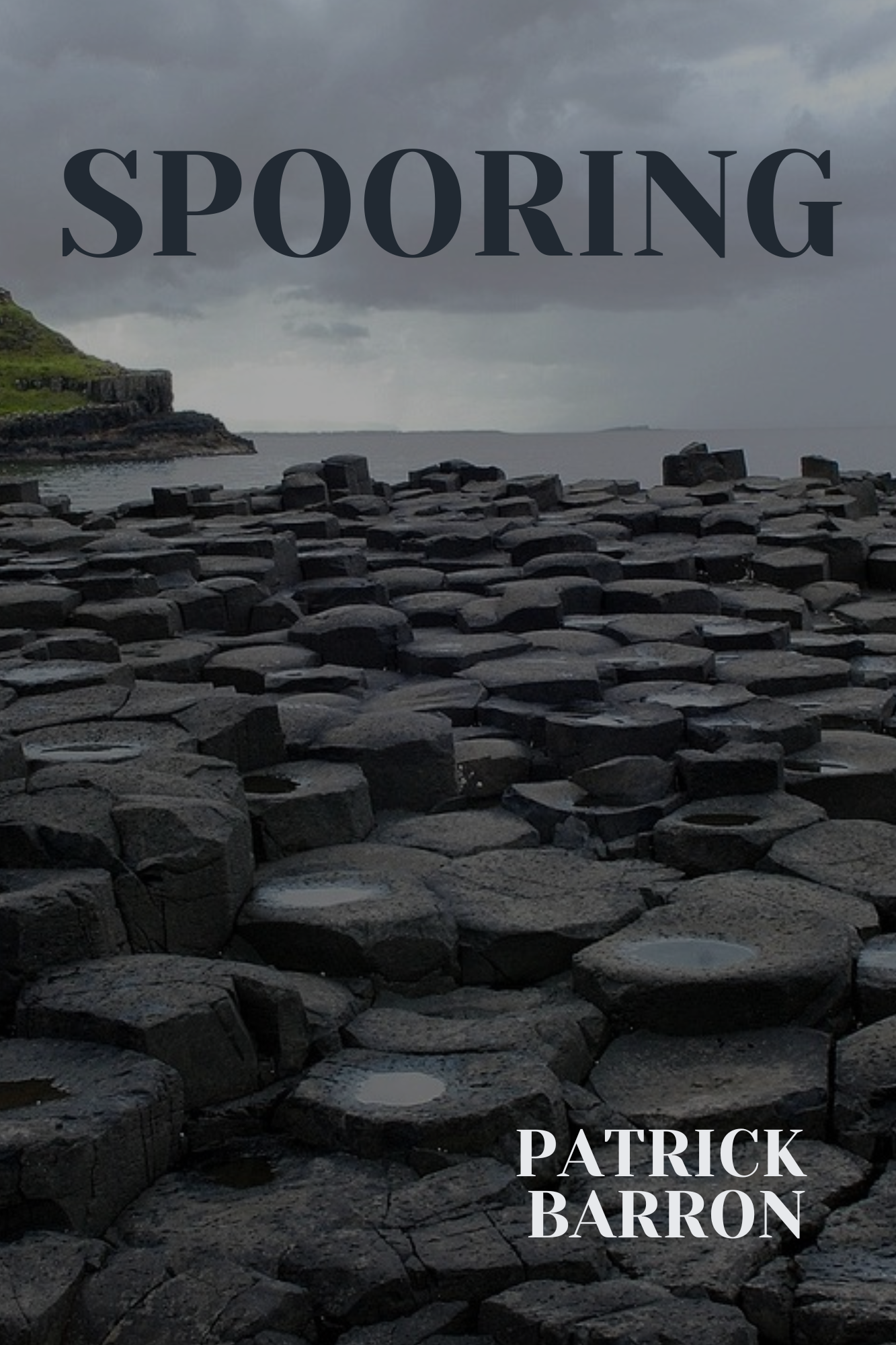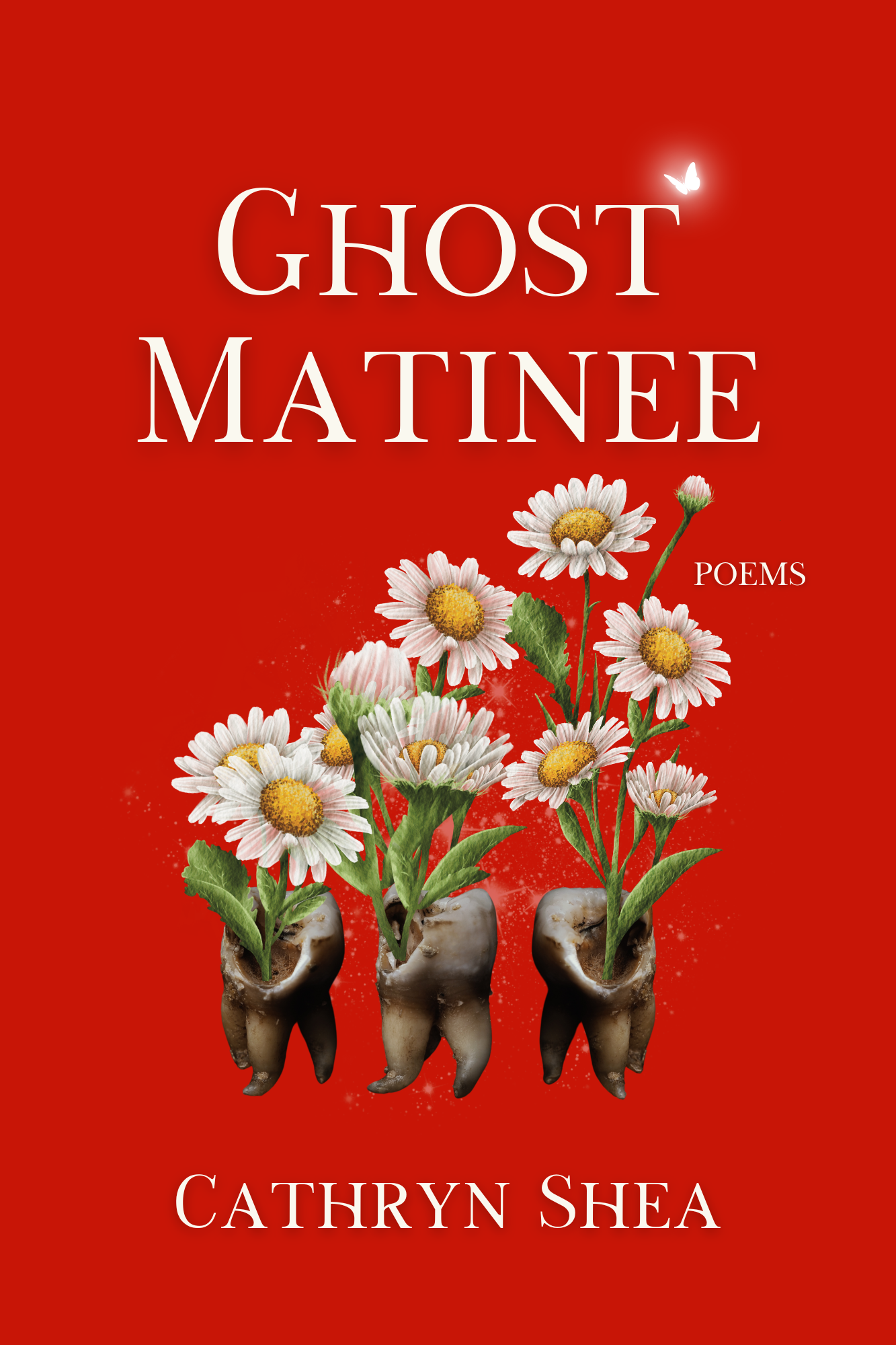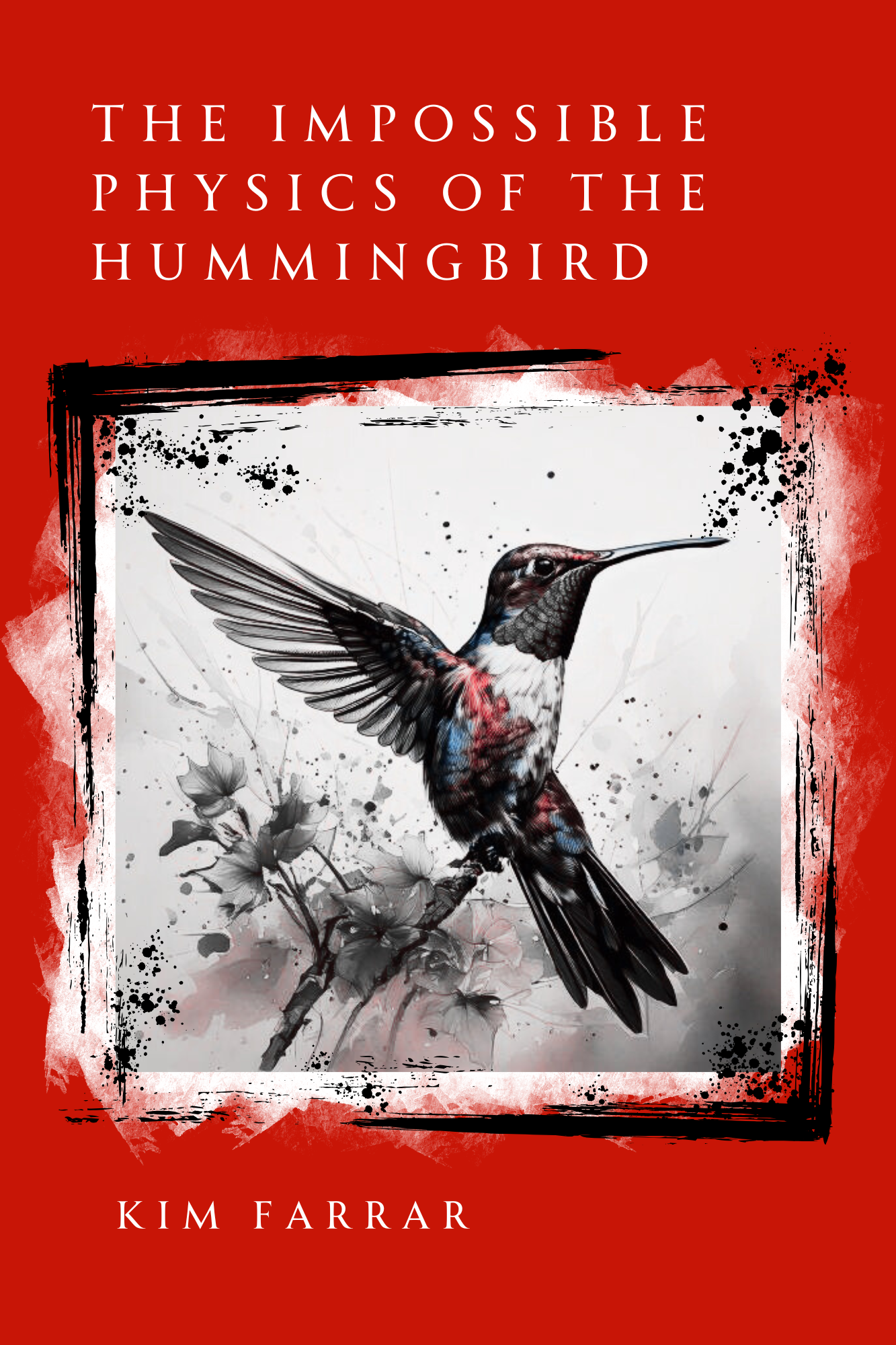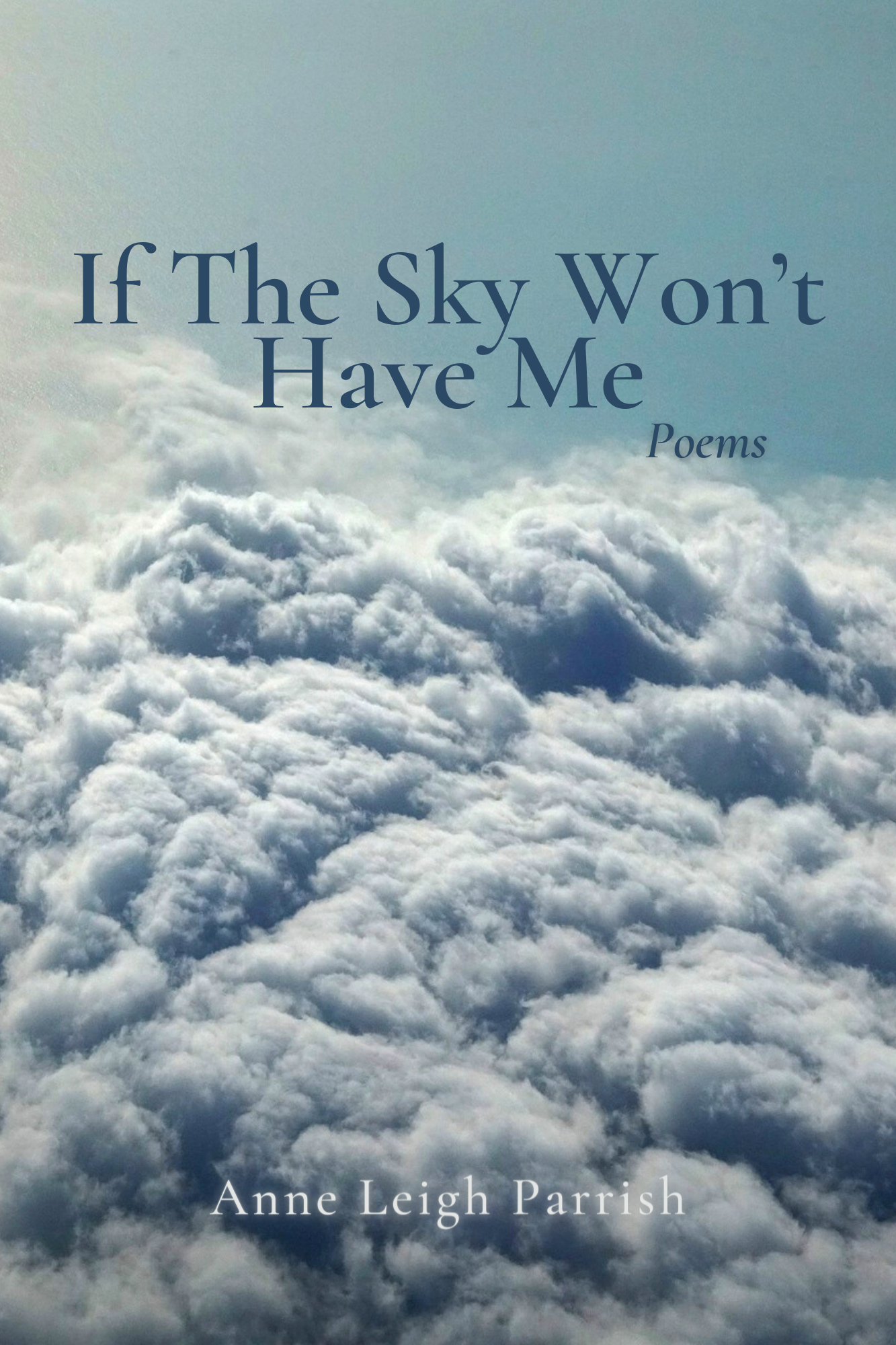 Image 1 of
Image 1 of


SPOORING
The interconnected texts in SPOORING have their origin in a slow journey down the Apennine Mountains in central and southern Italy over the course of a number of months. The genre is mixed. Poems trade places with short prose passages and transcriptions of road signs. Footnotes interrupt throughout, tempting fragments and byways. There are also a number of photographs and maps. The project is inspired in part by Robert Smithson’s idea that “language should find itself in the physical world, and not end up locked in an idea in somebody’s head,” and also the corollary—that the physical world can find itself in language. Any text risks fossilizing ideas, and perhaps all the more so texts that take as their inspiration the physical world, since the overpowering immediacy of certain places tends to trick us into believing that language generated in response or dialogue will remain somehow authentic to those places. And the heady state of the cross-country walker is vulnerable to corruption, to believing that an empathetic dialectic with the physical world is translatable. To connect ideas to matter, thoughts to place, through language engaged with language. Not a fixed relief map, but a moveable index of small traces, tracks, words, and images, messages half-dismantled, enough to begin a paragraph or stanza, but not necessarily to finish.
The interconnected texts in SPOORING have their origin in a slow journey down the Apennine Mountains in central and southern Italy over the course of a number of months. The genre is mixed. Poems trade places with short prose passages and transcriptions of road signs. Footnotes interrupt throughout, tempting fragments and byways. There are also a number of photographs and maps. The project is inspired in part by Robert Smithson’s idea that “language should find itself in the physical world, and not end up locked in an idea in somebody’s head,” and also the corollary—that the physical world can find itself in language. Any text risks fossilizing ideas, and perhaps all the more so texts that take as their inspiration the physical world, since the overpowering immediacy of certain places tends to trick us into believing that language generated in response or dialogue will remain somehow authentic to those places. And the heady state of the cross-country walker is vulnerable to corruption, to believing that an empathetic dialectic with the physical world is translatable. To connect ideas to matter, thoughts to place, through language engaged with language. Not a fixed relief map, but a moveable index of small traces, tracks, words, and images, messages half-dismantled, enough to begin a paragraph or stanza, but not necessarily to finish.
The interconnected texts in SPOORING have their origin in a slow journey down the Apennine Mountains in central and southern Italy over the course of a number of months. The genre is mixed. Poems trade places with short prose passages and transcriptions of road signs. Footnotes interrupt throughout, tempting fragments and byways. There are also a number of photographs and maps. The project is inspired in part by Robert Smithson’s idea that “language should find itself in the physical world, and not end up locked in an idea in somebody’s head,” and also the corollary—that the physical world can find itself in language. Any text risks fossilizing ideas, and perhaps all the more so texts that take as their inspiration the physical world, since the overpowering immediacy of certain places tends to trick us into believing that language generated in response or dialogue will remain somehow authentic to those places. And the heady state of the cross-country walker is vulnerable to corruption, to believing that an empathetic dialectic with the physical world is translatable. To connect ideas to matter, thoughts to place, through language engaged with language. Not a fixed relief map, but a moveable index of small traces, tracks, words, and images, messages half-dismantled, enough to begin a paragraph or stanza, but not necessarily to finish.
Praise for SPOORING
Part transposed Basho heading south not north, part site specific artist loosing language from the material world's medias res, Patrick Barron's Spooring is a caress down the spine of the Apennines, weaving its way into song. Both travelogue and commonplace book, a landscape of quotations and a quotation of landscape, this major long poem samples the silence of ancient rock, improbably preserved alpine forest, the glinting eyes of our human and nonhuman kin. Sit back weary reader/traveller--your guide is ready to sing a mountain song, an incomparable melodia dolce to take you to "that place / within / pacings' / meditation."
Stephen Collis
About PATRICK BARRON
Patrick Barron grew up in the Pacific Northwest, lived in Northern Ireland, the Netherlands, and Italy for a number of years, and is now based in Boston, where he teaches at the University of Massachusetts. He as been awarded grants and prizes from the NEH, the NEA, the Fulbright Program, and the Academy of American Poets. His poems, essays, and translations have appeared in publications such as Ditch, Boneshaker, Basalt, Words Without Boundaries, Poetry East, The Argotist, Softblow, Interdisciplinary Literary Studies, Forum Italicum, Two Lines, Paideuma, Italica, and Modernism/modernity. His books include Terrain Vague: Interstices at the Edge of the Pale; Towards the River's Mouth, by Gianni Celati; Haiku for a Season, Haiku per una stagione, by Andrea Zanzotto; The Selected Poetry and Prose of Andrea Zanzotto; and Italian Environmental Literature: An Anthology.
-
Genre: Poetry
ISBN:978-1-950730-33-9
Publication Date: March 17, 2020





